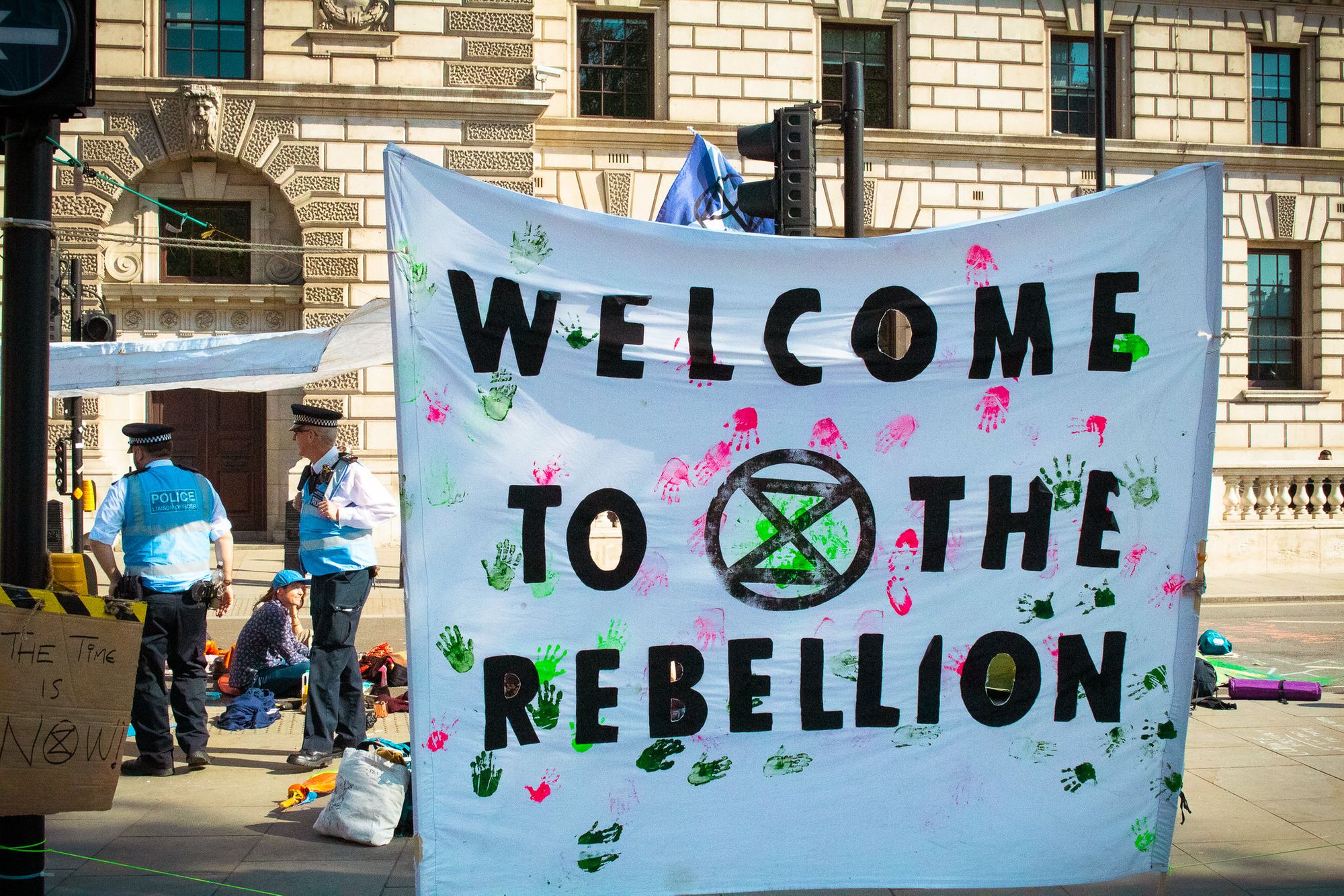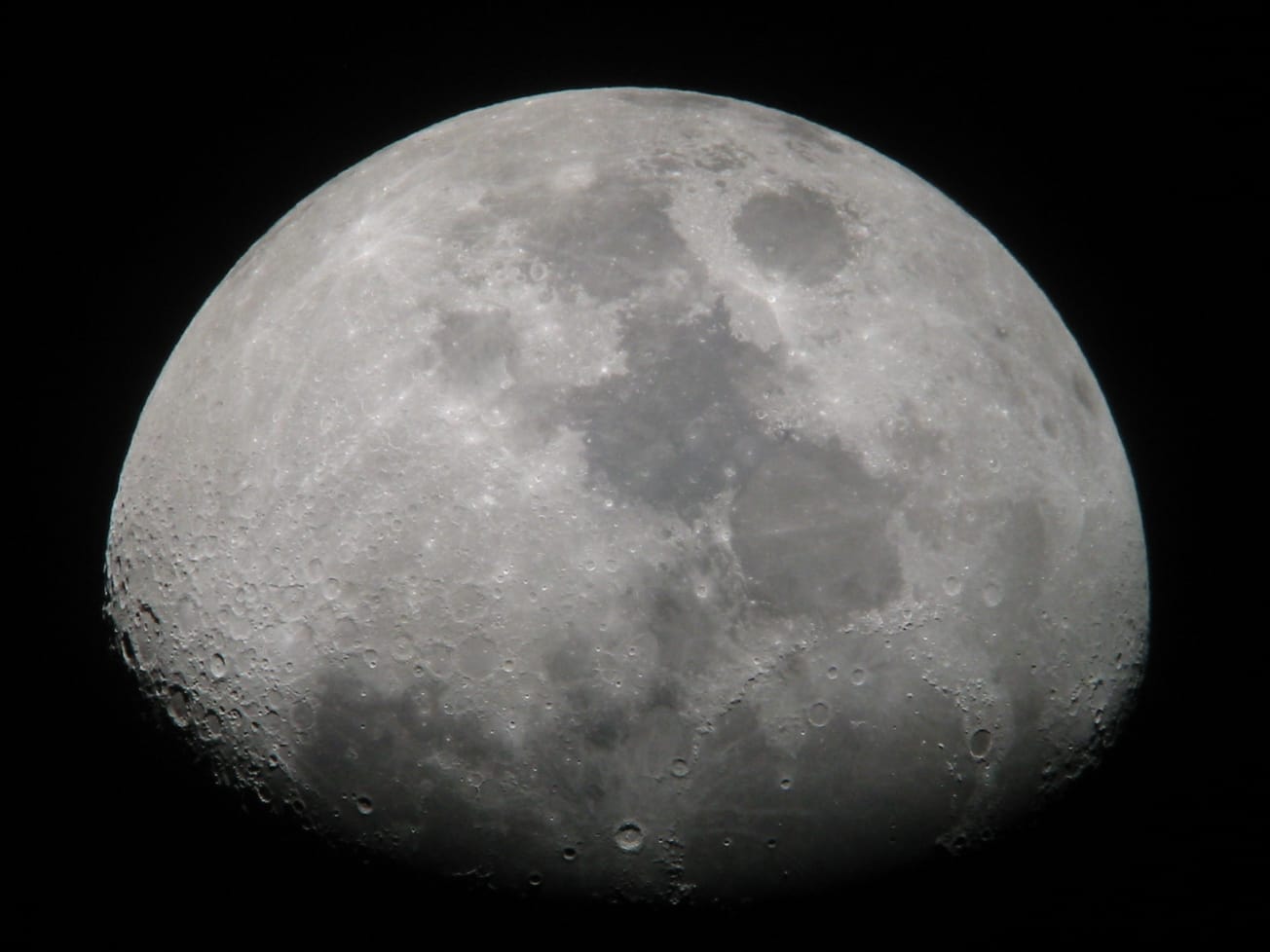By Ellie Brown, News Subeditor
Bristol Zoo’s conservation efforts recently gained a global audience thanks to an Instagram post by actor and environmentalist Leonardo DiCaprio.
‘Primates in Peril’ a new report co-published by Bristol Zoo and three other international organisations was the focus of DiCaprio’s post. He highlighted the fact that 43 percent of monkeys and apes are ‘critically endangered’ and included a photo of one of the report’s most endangered species, the Talapunin Orangutan. The report makes no overall conclusions about how the endangerment of primates relates to human activities, though ‘habitat loss’ due to activities such as logging is often cited as a threat. For DiCaprio, though, the report is ‘a clear call to action.’
According to ITV West, staff at Bristol Zoo were ‘delighted’ by the post, stating that DiCaprio’s support had led to ‘renewed interest’ in their report. DiCaprio can certainly reach an audience; the post currently has over 300,000 likes, compared to the meagre 200 gained by Bristol Zoo’s repost, and the actor has 37.1 million followers on Instagram. However, their reactions and the media coverage gained by DiCaprio’s endorsement raise the question of to what extent celebrity environmentalists help or hinder such causes.
Firstly, there is the problem of motivation. As a celebrity, caring about the environment is almost a guaranteed way of drawing attention, especially due to the extensive media coverage around the climate crisis following the IPCC’s 2018 report. This report, produced by an international body of scientists last autumn, estimates that in twelve years, global climate change will become irreversible, with devastating effects for humans around the world. As the likelihood of climate catastrophe has risen, so has awareness and action – from the protests of Extinction Rebellion to ambitious plans for carbon neutrality, hastily drawn up by governments looking to reassure an increasingly worried population.
Celebrities such as Emma Thompson and Jane Fonda have shown support publicly for such campaigns, though to Thompson and DiCaprio’s credit, they were activists before the climate crisis went mainstream. However, whether these individuals are ‘greenwashing’ their public image in pursuit of column inches and social media likes is unclear. While celebrity involvement is voluntary and unpaid, media coverage tends to focus on the celebrities themselves rather than the issues at hand. For example, recent coverage of Jane Fonda’s arrest at a climate rally focused on her lifelong political activism, rather than the rally itself.
However, the colonisation of public debate by celebrities can arguably also work the other way, with the rich and famous using their platforms to spotlight causes important to them. Tabloids will always talk about DiCaprio – a former teen idol and serial model-dater – as whether you like it or not, it is what people read. DiCaprio hardly needs any more exposure; by focusing his time and money on environmentalism, he is arguably using his power for good.

One study has shown that after DiCaprio’s 2017 Oscars speech, there were five times as many tweets about climate change than before. However, tweeting about something does not equate to action. Other studies, which link sustainable actions such as switching to a vegan diet to celebrities doing so, may also be at risk of over-simplifying. There are simply too many factors to consider when measuring behavioural change.
Additionally, the hypocrisy of some celebrities who call for environmental protection may spark backlash. Emma Thompson’s flight from California to the UK before her speech at an Extinction Rebellion protest drew the ire of many media outlets, and DiCaprio too has been shown to consistently underestimate his own carbon footprint. Perceptions that sustainable living and activism is only something the rich can afford may explain why movements like Extinction Rebellion are overwhelmingly middle-class. They are also likely to be true to an extent, as even activists like Greta Thunberg who generally practice what they preach rely on outside funding to undertake their environmentalism.
Celebrity activists are often unaware of the complex realities underpinning environmental debates. Returning to the problem of endangered primates, habitat loss caused by humans is clearly a major contributor – yet it is a vital industry for many countries, meaning that conservation often comes at the expense of economically valuable resources. While celebrities such as DiCaprio do use their money to try and incentivise countries to protect these ecosystems, his foundation relies on earnings from syndications, film contracts and publicity; activities which surely contribute to a carbon-emitting lifestyle.
Celebrity environmentalism is by no means all bad. Indeed, had DiCaprio not posted about Bristol Zoo’s report, I and many others may not have known about it, and this article may not have gained any readers without the ‘celebrity’ angle. However, it is important to remain critical of the effectiveness of this kind of activism, as well as its motivations.
Featured image: Epigram / Vilhelmiina Haavisto, Imdb / Warner Bros.
Do you think celebrity environmentalists are helpful? Let us know!









